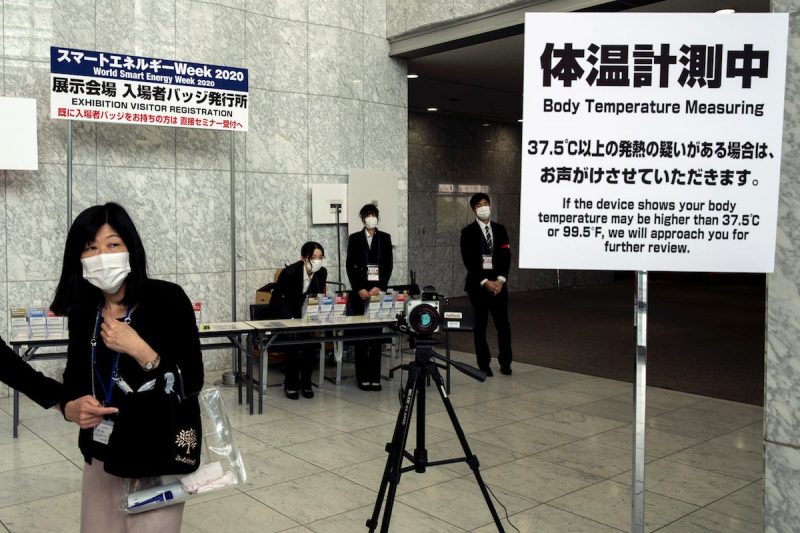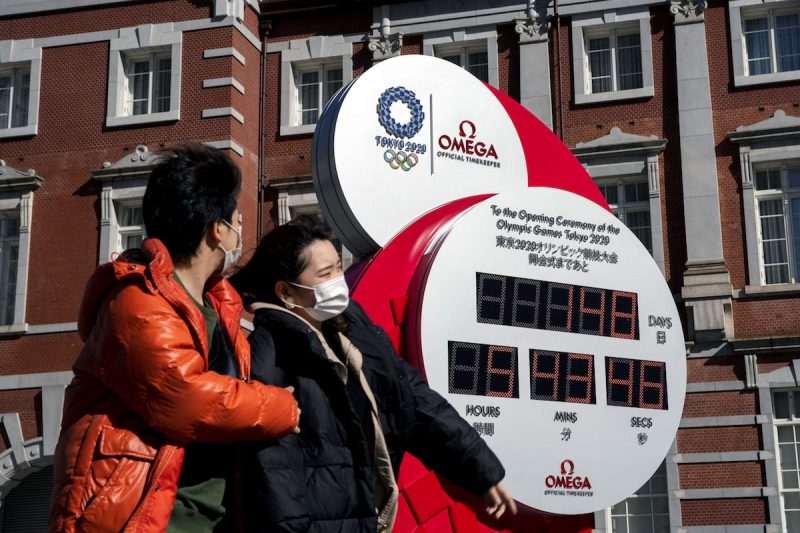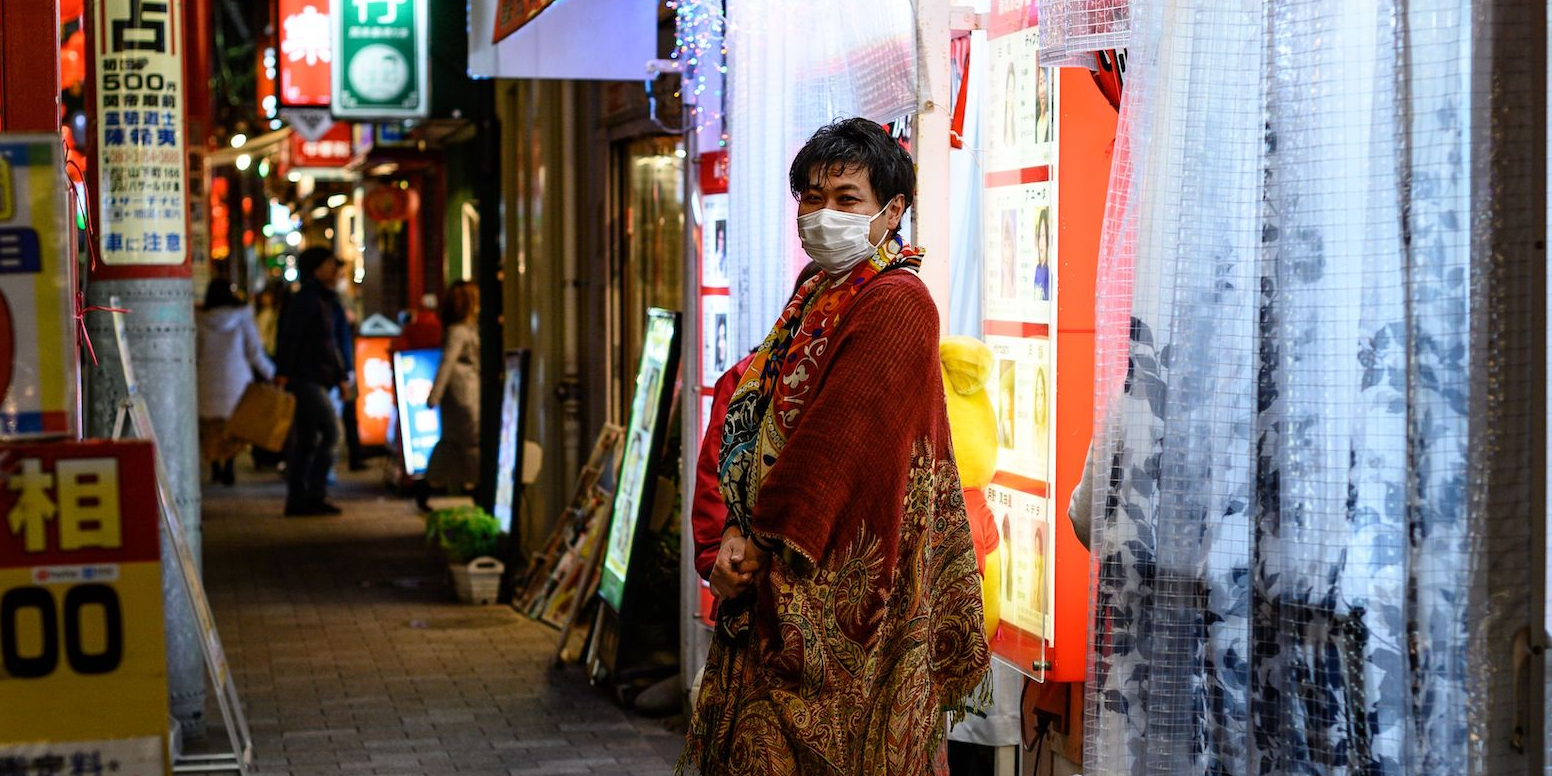- A woman in her 40s living in Japan tested positive for the coronavirus for a second time on Wednesday, less than four weeks after recovering from her first infection.
- The patient is a tour guide in Osaka prefecture, and first caught the disease from being on a bus with tourists from Wuhan, China, where the virus first broke out, local media said.
- How she contracted the virus a second time is not yet clear.
- Health experts have said that it is possible that the immune system’s ability to fight coronavirus after one infection is not strong or long-lasting.
- Visit Business Insider’s homepage for more stories.
A woman in Osaka, Japan, has fallen ill with the coronavirus for the second time, weeks after her first recovery, officials announced.
The patient, identified as a woman in her 40s living in Osaka, tested positive for COVID-19 on Wednesday, the government officials in the Osaka prefecture said.
Though officials did not reveal any more about her identity, Japanese national broadcaster NHK and Reuters reported that she worked as a tour guide in Osaka.
This timeline shows her first and second infections, according to the Osaka government:
- January 29: She tests positive for the first time. According to NHK, she had been on a bus with tourists from Wuhan, the Chinese city where the virus first broke out.
- February 1: She is discharged from the hospital.
- February 6: She is declared virus-free.
- February 19: She goes the doctor with throat and chest pains, and is sent home afterward.
- February 21, 22, and 25: She visits the doctor three more times with throat and chest pains.
- February 26: She test positive for the second time.
Between February 19 and 26, she wore a mask, stayed home to rest, and had no close contact with anyone, the Osaka government said. She is now being treated in an Osaka hospital, NHK reported.

How the woman's second infection came about is so far not clear.
Though she is the first person in Japan to definitely catch the virus more than once, such cases have taken place in China before, Reuters reported.
Though most patients seem to make full recoveries, reinfections are possible.
The antibodies - proteins that recognize and remove viruses - that humans produce to fight the coronavirus in their bodies may not necessarily be strong or long-lasting enough to keep people from contracting the disease again, Business Insider's Holly Secon reported, citing health experts.
"Once you have the infection, it could remain dormant and with minimal symptoms, and then you can get an exacerbation if it finds its way into the lungs," Philip Tierno Jr., a microbiology and pathology professor at NYU School of Medicine, also told Reuters.
Experts are scrambling to understand this novel coronavirus, about which much remains unknown.

The number of coronavirus infections in Japan rose to 189 on Wednesday. Three people have died there so far.
This number does not include the number of infections from the Diamond Princess, a cruise ship that found almost 700 infections on board after a round trip from Yokohama, Japan, to Hong Kong earlier this month. At least four people on that ship have died from the virus.
Despite the outbreak, the Japanese government is pressing ahead with its plans to host the Olympic and Paralympic Games in Tokyo, due to take place from July to September this year.
The coronavirus has so far killed 2,800 people and infected more than 82,000. Though most of the cases are in mainland China, at least 40 other countries have recorded cases and deaths.
- Read more:
- Saudi Arabia suspends pilgrimage visits in effort to stop the spread of new coronavirus
- US cities and counties are declaring emergencies to free up funding in case the coronavirus outbreak grows. Here's why it's not necessarily a reason to panic.
- Italy sealed off entire towns and canceled major events after 400 coronavirus cases and 12 deaths made it the most infected country outside of Asia
- Only a handful of children have been diagnosed with the coronavirus - and experts have a few guesses as to why

